Help Your Child Set & Respect Boundaries
Helping children to set their own boundaries and limits is one of the most important things you can do as a parent.
Not only are you teaching your children how to think independently, you also teach them how to treat themselves as well others.
When I was doing some background for this post, I was surprised at how often articles popped up about setting boundaries with your adult children. A lot.
Makes me wonder if those kids weren’t taught how to take other people’s boundaries into account.
When children have their own firm boundaries, they are more likely to succeed throughout their lives.
If you’ve had difficulty setting these up in your home, take a look at these ten ways parents help children set boundaries and limits.
Be sure to check out even more of my helpful parenting tips, too!
This post contains affiliate links.
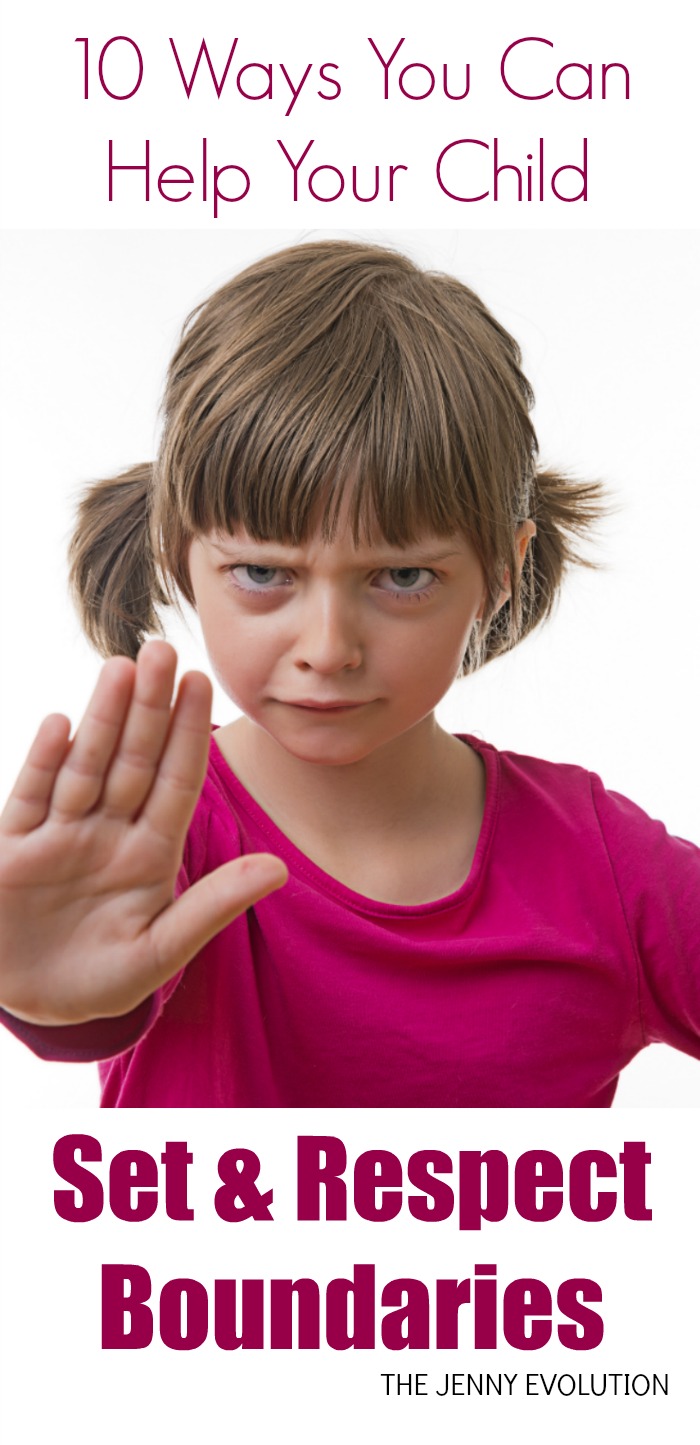
10 Ways You Can Help Your Child Set Boundaries and Limits
#1 Set principle-based boundaries
To help children understand, recognize and set boundaries, begin by setting a few basic boundaries that apply to everyone. Core principles are a good place to start.
For example, you may want to include boundaries that include safety, respect, responsibility, etc.
When children see and respect other people’s boundaries, they are better able to set clear boundaries for themselves.
We were just talking this morning about when one sibling asks the other to stop, then we need to respect that request and boundary.
#2 Develop physical boundaries
These boundaries would probably fall into the “safety” and “respect” categories.
When it comes to physical contact and personal space, everyone has their own comfort zone and levels. Regardless of age, everyone has a right to protect his or her body and personal space.
For example, if 3-year-old Janie doesn’t want to hug Aunt Martha or anyone else, she has a right to say no and expect the wish to be respected.
The Whole-Brain Child: 12 Revolutionary Strategies to Nurture Your Child’s Developing Mind No-Drama Discipline: The Whole-Brain Way to Calm the Chaos and Nurture Your Child’s Developing Mind
No-Drama Discipline: The Whole-Brain Way to Calm the Chaos and Nurture Your Child’s Developing Mind Raising Good Humans: A Mindful Guide to Breaking the Cycle of Reactive Parenting and Raising Kind, Confident Kids
Raising Good Humans: A Mindful Guide to Breaking the Cycle of Reactive Parenting and Raising Kind, Confident Kids Good Inside: A Guide to Becoming the Parent You Want to Be
Good Inside: A Guide to Becoming the Parent You Want to Be
Coercing or making children dismiss their own feelings can lead to confusion and self-doubt, as well as children devaluing their own needs and feelings later.
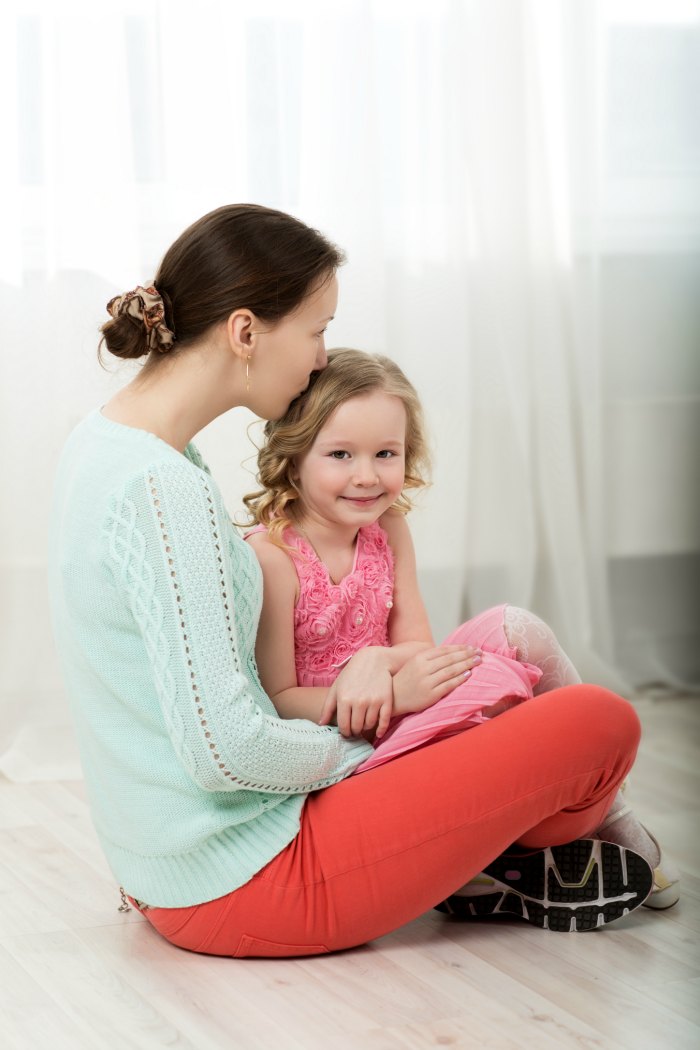
#3 Establish emotional boundaries
These boundary lines allow you and your children to separate me from you.
They help everyone to accept responsibility for their own actions and feelings.
Emotional boundaries also protect you from putting too much importance on feelings and situations that we have no control over.
While it’s important to be able to separate yourself from others, it’s also important to be empathetic, caring, thoughtful, considerate and respectful.
When someone crosses one of your emotional boundaries, it’s ok to tell them what happened.
Positive Discipline: The First Three Years, Revised and Updated Edition: From Infant to Toddler–Laying the Foundation for Raising a Capable, Confident How to Talk So Kids Will Listen & Listen So Kids Will Talk
How to Talk So Kids Will Listen & Listen So Kids Will Talk The Happiest Toddler on the Block: How to Eliminate Tantrums and Raise a Patient, Respectful, and Cooperative One- to Four-Year-Old
The Happiest Toddler on the Block: How to Eliminate Tantrums and Raise a Patient, Respectful, and Cooperative One- to Four-Year-Old Positive Discipline: The Classic Guide to Helping Children Develop Self-Discipline, Responsibility, Cooperation, and Problem-Solving Skills
Positive Discipline: The Classic Guide to Helping Children Develop Self-Discipline, Responsibility, Cooperation, and Problem-Solving Skills
For example, your children could say, “What you said hurt my feelings. I try not to hurt your feelings or disrespect you and I expect you to be considerate of my feelings and respect me too. If I hurt your feelings, please tell me.”
#4 Give children a voice and a choice
Make time to have family meetings as well as private conversations with your kids.
Give children a chance to express their successes, failures, questions and concerns.
Children who feel as if they have a voice and a choice are more likely to follow rules and adhere to boundaries.
Show your children that their opinions are important by carefully considering their perspective and explaining why you make your final decisions regarding boundaries.
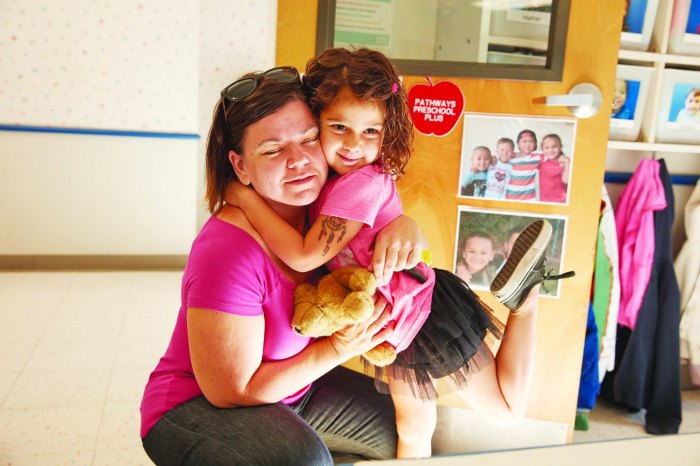
#5 Outline consequences
Make sure your children are aware of the consequences that will take place beforehand should they choose not to respect a boundary or limit.
When choosing a consequence for a behavior, allow your child to have input. And try to have the consequence be a real-world consequence directly connected to the offense.
Also, make sure it is age appropriate and relates closely to the offense.
This teaches your children how to set their own limits as well as predict possible outcomes and consequences in later life.
The Explosive Child The Kazdin Method for Parenting the Defiant Child
The Kazdin Method for Parenting the Defiant Child The Survival Guide for Kids With Behavior Challenges: How to Make Good Choices and Stay Out of Trouble
The Survival Guide for Kids With Behavior Challenges: How to Make Good Choices and Stay Out of Trouble The Defiant Child: A Parent’s Guide to Oppositional Defiant Disorder
The Defiant Child: A Parent’s Guide to Oppositional Defiant Disorder
#6 Be consistent
Follow through with your expectations and consequences.
If you decide a rule stands, it stands. You must mean what you say and say what you mean. Otherwise, children will constantly push the boundaries to manipulate you.
Boundaries are dynamic.
As your child’s understanding, maturity level and needs grow, boundaries should be adjusted.
Being consistent teaches children to stand firm in their beliefs and what they feel is acceptable. Consistency gives children the courage to stand up for themselves and to set healthy boundaries.

#7 Maintain healthy relationship
Talk to your children about what it means to be a good friend. Let them decide what their boundaries are.
Help your kids recognize actions of a good, healthy friendship and those of an unhealthy, destructive friendship.
People who reject, bully, tease or disrespect your child are not good friends. Those who accept your children for who they are, treat them with respect and truly care are good friends.
When your children are older, this will also be important as they choose a boyfriend or girlfriend so it’s a good idea to begin putting these boundaries in place at a young age.
Raising Your Spirited Child: A Guide for Parents Whose Child Is More Intense, Sensitive, Perceptive, Persistent, and Energetic How to Stop Losing Your Sh*t with Your Kids: A Practical Guide to Becoming a Calmer, Happier Parent
How to Stop Losing Your Sh*t with Your Kids: A Practical Guide to Becoming a Calmer, Happier Parent 1-2-3 Magic
1-2-3 Magic Parenting: Positive Parenting – Stop Yelling And Love Me More, Please Mom. Positive Parenting Is Easier Than You Think (Happy Mom)
Parenting: Positive Parenting – Stop Yelling And Love Me More, Please Mom. Positive Parenting Is Easier Than You Think (Happy Mom)
#8 Accept personal differences
Teach children that everyone has different likes and dislikes, as well as comfort levels.
If a sibling or friend wants to play football, it doesn’t mean that he/she has to play.
Help each of your children figure out what works best for them and what doesn’t work at all.

#9 Role-play situations and responses
Talk with your children about how to verbalize what they’re thinking or feeling.
Give them key phrases that they can use to in certain situations.
Use “what if…” scenarios and ask the children to explain what they would say and do in certain situations.
# 10 Let children self-solve problems
Don’t take sides in sibling squabbles. (I know that can be tough!) Teach them how to solve problems on their own.
Rescuing your children each time there is an issue keeps them from taking personal responsibility and their social skills may suffer if they don’t get to practice making compromises and working out solutions without a mediator.
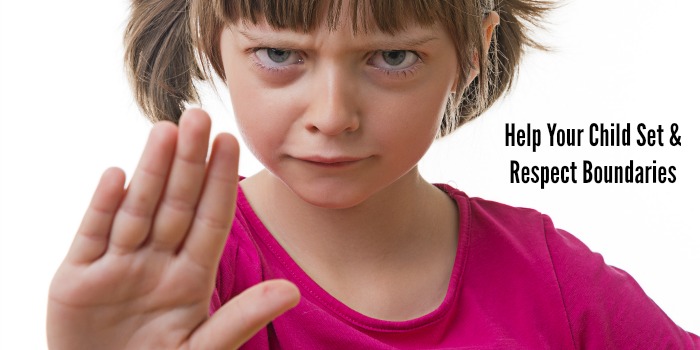












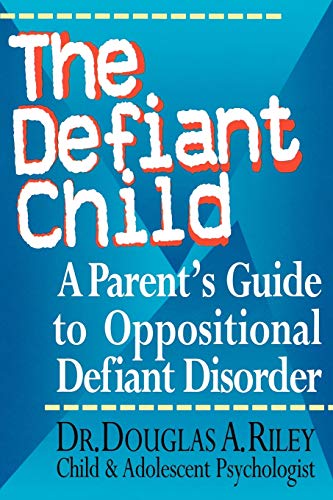




What a wise post!
Consistency is key.
Reminds me of how I used to *have to* hug great aunt Margaret with the wig and dentures…